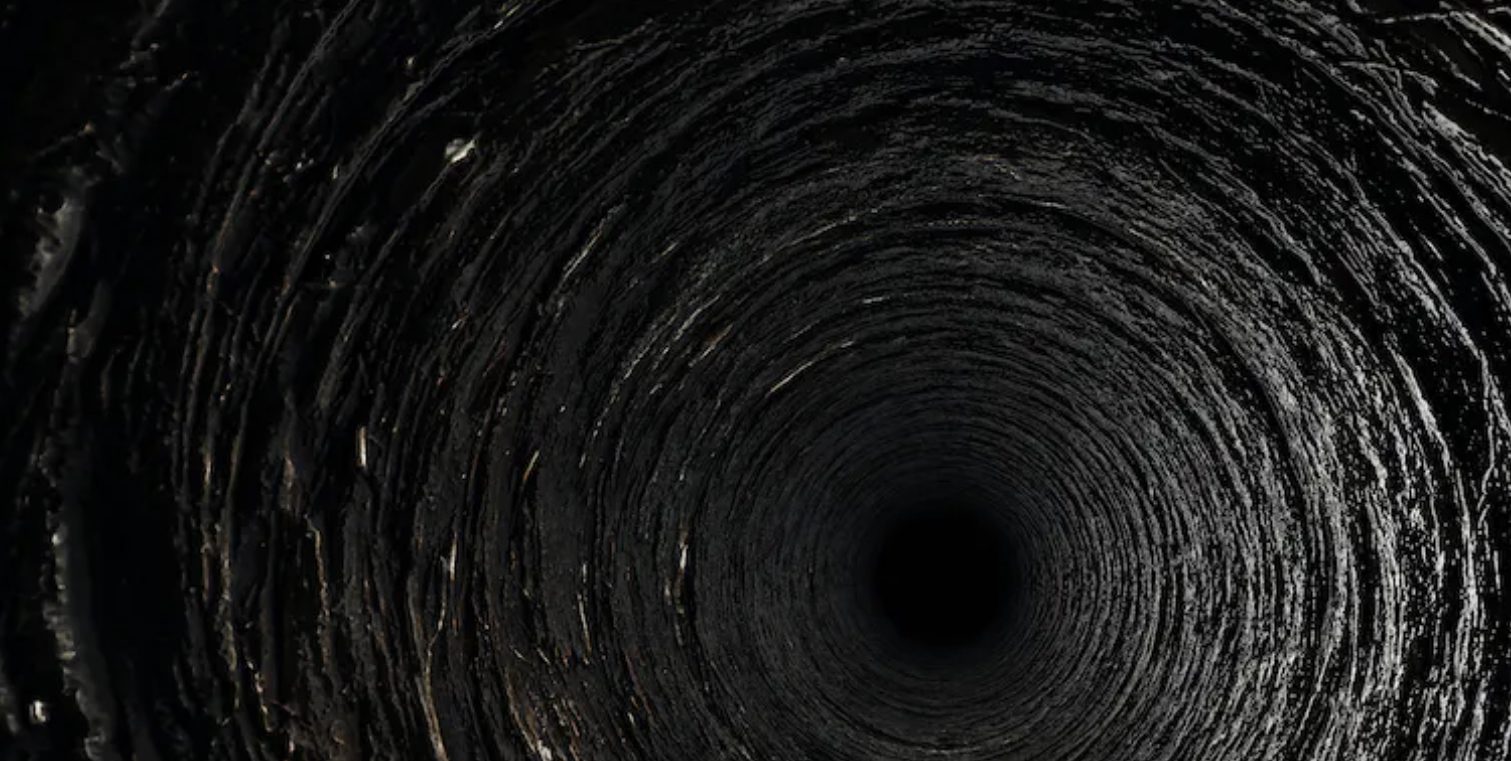Global Courant 2023-05-18 13:10:04
Living for a year and a half alone in a cave can seem like a nightmare to many people.
But Spanish athlete Beatriz Flamini came away smiling, and said she wished she had had more time to finish her book.
She had been deprived of all contact with the outside world during her remarkable experiment in human endurance. For 500 days, she documented her experiences to help scientists understand the effects of extreme isolation. One of the first things that became apparent on April 12, 2023 when she emerged from the cave was how fluid time is.
It is shaped more by your own personality traits and the people around you than by the passing of an hour. When talking to reporters about her experiences, Flamini explained that she quickly lost track of time. She was so big that when her support team went to pick her up, Beatriz was surprised to be told that the experiment had run out of time.
She herself believed that she had been in the cave for 160-170 days. But why did he lose track of time? Our actions, emotions, and changes in the environment around us can have powerful effects on how our minds process time. For most people, sunrise and sunset mark the passing of days, and work and social routines mark the passing of hours.
In the darkness of an underground cave, without the company of others, many signals of the passage of time disappear. So for monitoring the passage of time, Flamini may have become more dependent on psychological processes. One of the ways we keep track of the passage of time is memory.
If we don’t know how long we did something, we use the number of memories formed during the event as an index of the amount of time that has passed. The more memories we create of an event or era, the longer we perceive it to have lasted. Usually, the busiest days and weeks, filled with many new and exciting events, are remembered longer than the more monotonous ones where nothing important happens.
For Flamini, the lack of social interaction, combined with the lack of information about family and current affairs (the war in Ukraine, the reopening of societies after the lockdowns of Covid–19), may have significantly reduced the number of memories she formed during her isolation .
Flamini himself declared after leaving the cave: “My clock is stuck on November 21, 2021. I don’t know anything about what happened next in the world.” The loss of sense of time may also reflect the reduced importance of time in cave life.
In the outside world, the busyness of modern life and the social pressure to avoid wasting time mean that many of us live in a constant state of time stress. For us, the clock is a measure of how productive and successful we are.
But Flamini is not the first to experience a change in her experience of time after such an environmental change. Similar experiences were reported by the French scientist Michel Sifre during his cave expeditions of 2-6 months in the 1960s-1970s.
A loss of sense of time has been repeatedly reported by adults and children who spent long periods of isolation in nuclear bunkers (for research purposes) at the height of the Cold War. It is also frequently reported by people serving prison terms and was widely experienced by the general public during the COVID-19 lockdowns.
Caves, nuclear bunkers, prisons, and global pandemics share two common characteristics that seem to create an altered sense of time. They isolate us from the wider world and include enclosed spaces. Yet Flamini lived with a blank calendar that stretched into her future.
No work meetings to prepare for, no appointments to rush to, and no social calendar to manage. She lived a self-paced life where she could eat, sleep and read as and when she pleased. She painted, trained and documented her experiences in a journal.
This may have made the passage of time irrelevant. As the biological rhythms of sleep, thirst, and digestion took precedence over the hands of the clock, Flamini may have paid less and less attention to the passage of time, causing it to eventually lose track of itself.
Flamini’s ability to let time flow may have been enhanced by her strong desire to reach her goal of 500 days in the cave. In the end, she decided to enter the cave herself and could leave if she wanted. But for people locked up somewhere against their will, time can become a prison in itself.
Prisoners of war and people serving prison terms often report that tracking the passage of time can become an obsession. It seems that we humans are only able to really let time flow when we have it under control. Flamini’s freedom can make abandoning civilization for a cave seem like an attractive prospect. However, life underground is not for the faint of heart. Survival depends on your ability to maintain a high level of mental stamina. If you have the ability to stay calm when the going gets tough, having a strong belief that you are in control of your behavior is essential. However, you may find it easier to turn off your mobile notifications, clear your calendar, and get lost in no time. / “The Conversation” – Bota.al
Global Courantl








